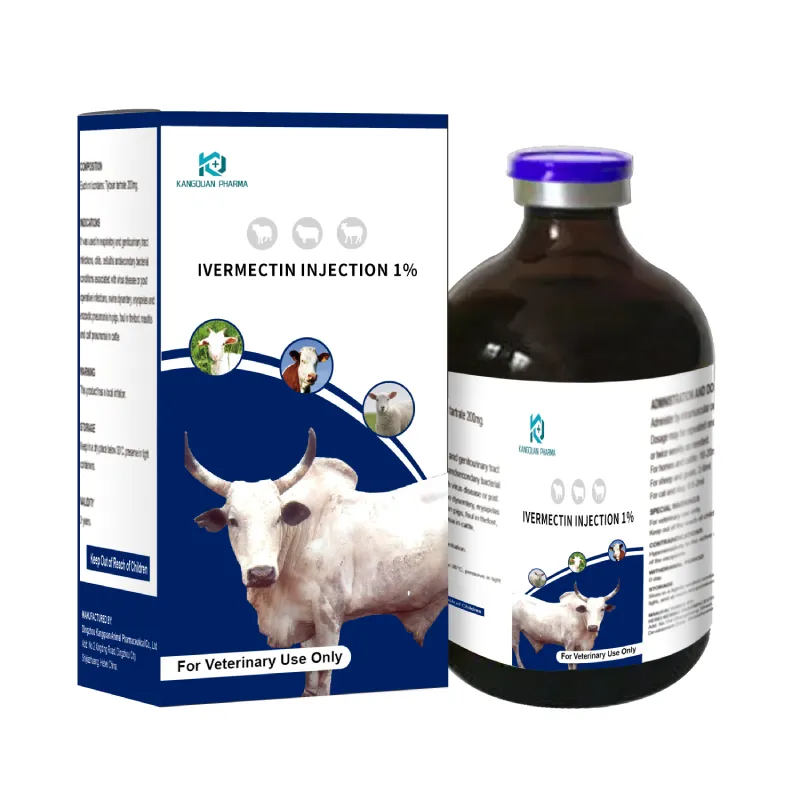- Afrikaans
- Albanian
- Amharic
- Arabic
- Armenian
- Azerbaijani
- Basque
- Belarusian
- Bengali
- Bosnian
- Bulgarian
- Catalan
- Cebuano
- Corsican
- Croatian
- Czech
- Danish
- Dutch
- English
- Esperanto
- Estonian
- Finnish
- French
- Frisian
- Galician
- Georgian
- German
- Greek
- Gujarati
- Haitian Creole
- hausa
- hawaiian
- Hebrew
- Hindi
- Miao
- Hungarian
- Icelandic
- igbo
- Indonesian
- irish
- Italian
- Japanese
- Javanese
- Kannada
- kazakh
- Khmer
- Rwandese
- Korean
- Kurdish
- Kyrgyz
- Lao
- Latin
- Latvian
- Lithuanian
- Luxembourgish
- Macedonian
- Malgashi
- Malay
- Malayalam
- Maltese
- Maori
- Marathi
- Mongolian
- Myanmar
- Nepali
- Norwegian
- Norwegian
- Occitan
- Pashto
- Persian
- Polish
- Portuguese
- Punjabi
- Romanian
- Russian
- Samoan
- Scottish Gaelic
- Serbian
- Sesotho
- Shona
- Sindhi
- Sinhala
- Slovak
- Slovenian
- Somali
- Spanish
- Sundanese
- Swahili
- Swedish
- Tagalog
- Tajik
- Tamil
- Tatar
- Telugu
- Thai
- Turkish
- Turkmen
- Ukrainian
- Urdu
- Uighur
- Uzbek
- Vietnamese
- Welsh
- Bantu
- Yiddish
- Yoruba
- Zulu
Nov . 11, 2024 11:40 Back to list
china tylosin injection composition
The Composition and Uses of Tylosin Injection in China
Tylosin injection is a valuable veterinary medication predominantly used in the treatment and prevention of various bacterial infections in livestock and poultry. Tylosin is a macrolide antibiotic that is derived from the fermentation of the bacterium *Streptomyces fradiae*. In China, tylosin has gained significant popularity due to its efficacy, safety, and broad-spectrum properties. This article explores the composition of tylosin injection, its therapeutic uses, and relevant considerations for its application in the veterinary field.
Composition of Tylosin Injection
The primary active ingredient in tylosin injection is tylosin tartrate, which is the salt form that enhances the drug's solubility and bioavailability. The typical concentrations of tylosin in veterinary formulations vary but commonly range from 20 mg/mL to 100 mg/mL. Apart from the active ingredient, the composition of the injection includes various excipients that aid in maintaining the stability, effectiveness, and usability of the medication. These may include
1. Buffering Agents These are included to maintain the pH of the solution, ensuring that the drug remains stable and effective throughout its shelf life. 2. Stabilizers Substances such as glycerin or propylene glycol may be used to enhance the stability of tylosin within the solution, preventing degradation over time.
3. Preservatives In some formulations, preservatives are added to prevent microbial growth, ensuring that the product remains sterile until it is used.
4. Injectable Vehicle The solution is typically prepared in a saline or water-based solution that is compatible with injection into animals.
The precise formulation can differ depending on the manufacturer, but the purpose remains consistent to deliver an effective dose of tylosin for treating infections in animals.
Therapeutic Uses of Tylosin Injection
Tylosin has a broad antimicrobial spectrum, making it effective against various Gram-positive bacteria and some Gram-negative pathogens. It is widely used in veterinary medicine for treatments such as
china tylosin injection composition

2. Enteric Infections It is effective in managing intestinal infections, particularly cases involving *Clostridium* species or bacterial enteritis in pigs and poultry.
3. Skin Infections In some cases, tylosin is used to treat skin infections resulting from bacterial invasions, providing relief from pain and inflammation in affected animals.
4. Prevention of Metritis In livestock, tylosin may be used prophylactically to prevent metritis in postpartum dairy cows, notably improving reproductive performance.
The ability of tylosin to reduce shedding of pathogens in feces is particularly beneficial in controlling zoonotic diseases. This trait, coupled with its anti-inflammatory effects, enhances its applicability in livestock management.
Considerations for Use
While tylosin injection is advantageous for treating animal diseases, responsible usage is critical. Overuse of antibiotics in veterinary medicine can lead to the development of antimicrobial resistance, posing risks not only to animal health but also to public health. Therefore, it is essential for veterinarians and producers to adhere to guidelines that promote the judicious use of tylosin.
Furthermore, careful consideration should be given to the withdrawal periods required before animals are harvested for food production. Compliance with these guidelines ensures that residues are minimized, safeguarding food safety for consumers.
Conclusion
In conclusion, tylosin injection is an essential tool in veterinary medicine, particularly in China, where livestock production is a significant economic sector. Its composition, primarily consisting of tylosin tartrate, combined with excipients that ensure stability and sterility, makes it an effective treatment for a range of bacterial infections. However, the importance of responsible antibiotic usage to mitigate resistance cannot be overstated. As the industry moves forward, continued education on the appropriate use of tylosin will be vital in ensuring the health of livestock and the safety of food products derived from them.
-
Guide to Oxytetracycline Injection
NewsMar.27,2025
-
Guide to Colistin Sulphate
NewsMar.27,2025
-
Gentamicin Sulfate: Uses, Price, And Key Information
NewsMar.27,2025
-
Enrofloxacin Injection: Uses, Price, And Supplier Information
NewsMar.27,2025
-
Dexamethasone Sodium Phosphate Injection: Uses, Price, And Key Information
NewsMar.27,2025
-
Albendazole Tablet: Uses, Dosage, Cost, And Key Information
NewsMar.27,2025













